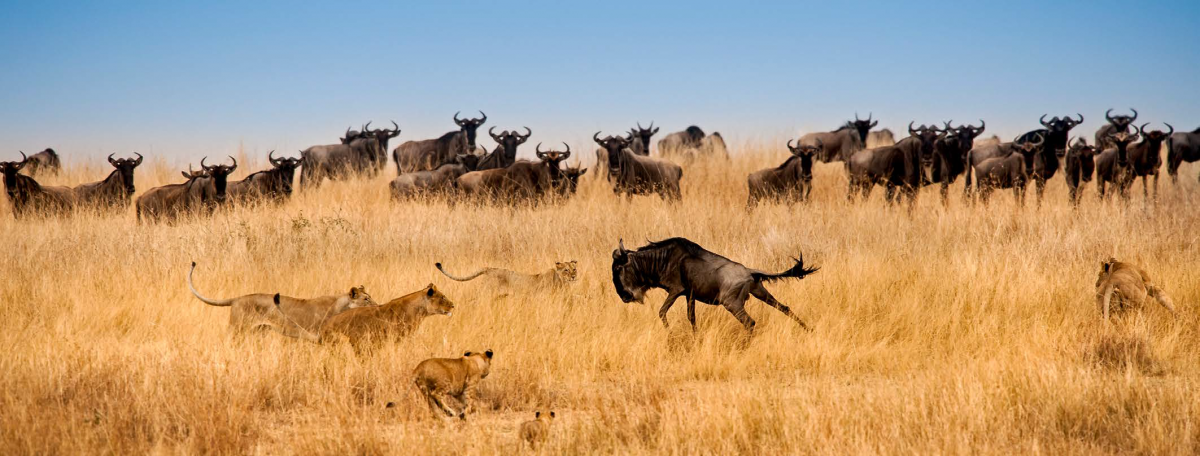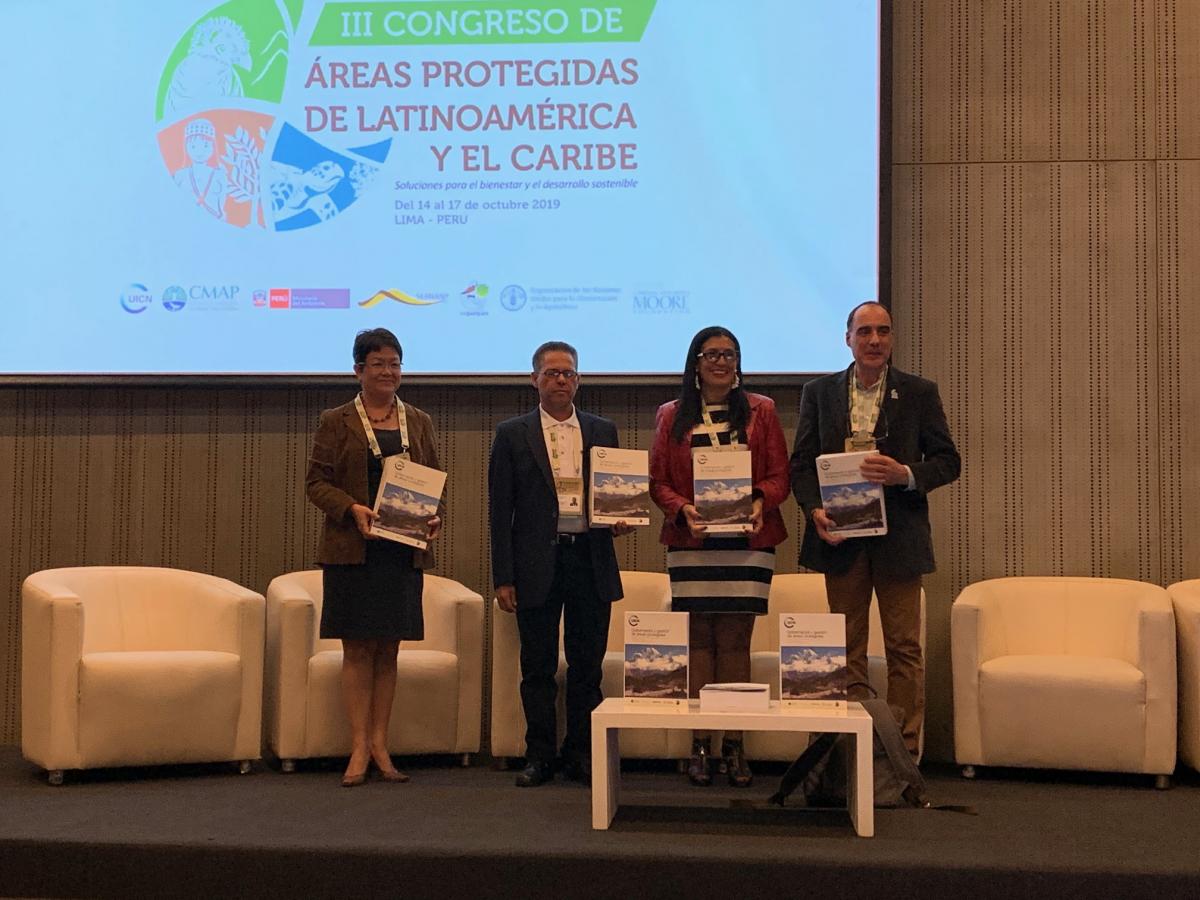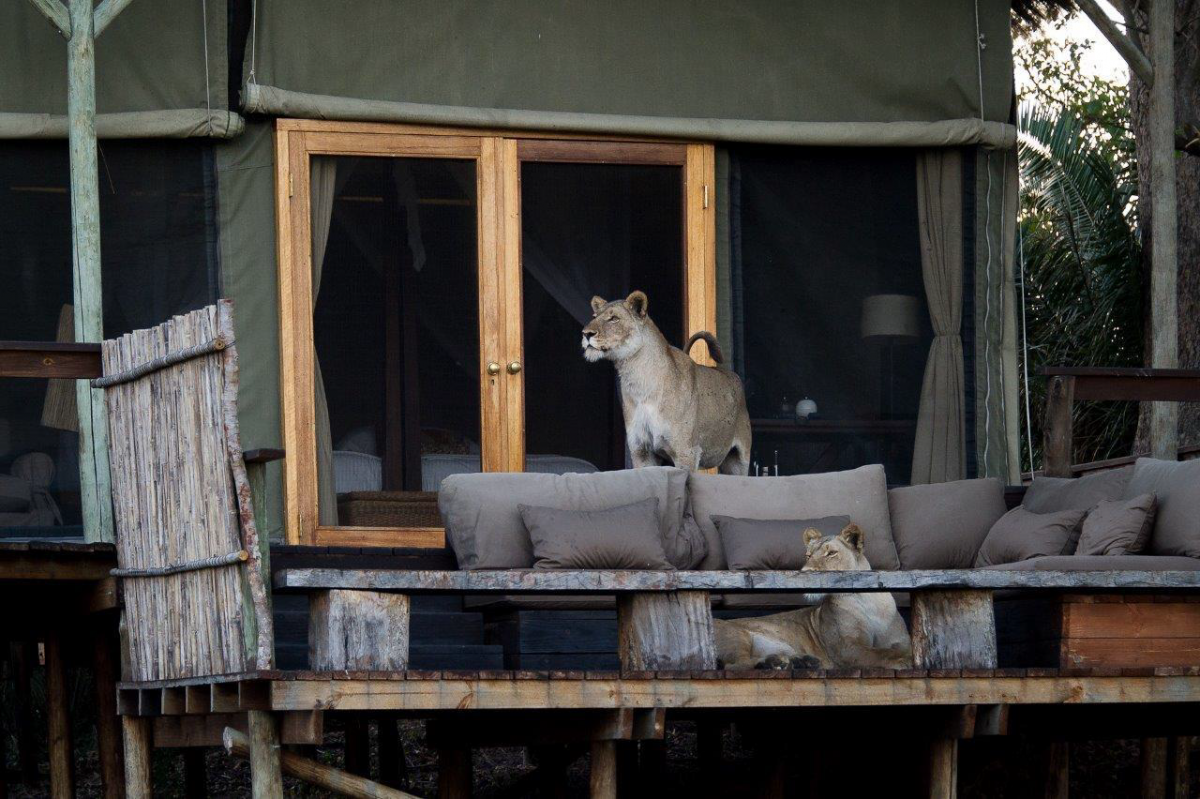IUCN Member RWCA celebrated 5 years in habitats restoration in Rwanda
The Rwanda Wildlife Conservation Association (RWCA) who has been Member of IUCN in Rwanda since 2021, celebrated its 5 years in restoration of habitats in Rwanda.
Rwanda Wildlife Conservation Association (RWCA) is a registered non-governmental organization in Rwanda. Founded and run by Rwandans who come from and understand local communities and their challenges. RWCA mission is to apply home-grown solutions to protect and restore threatened wildlife and wild places.
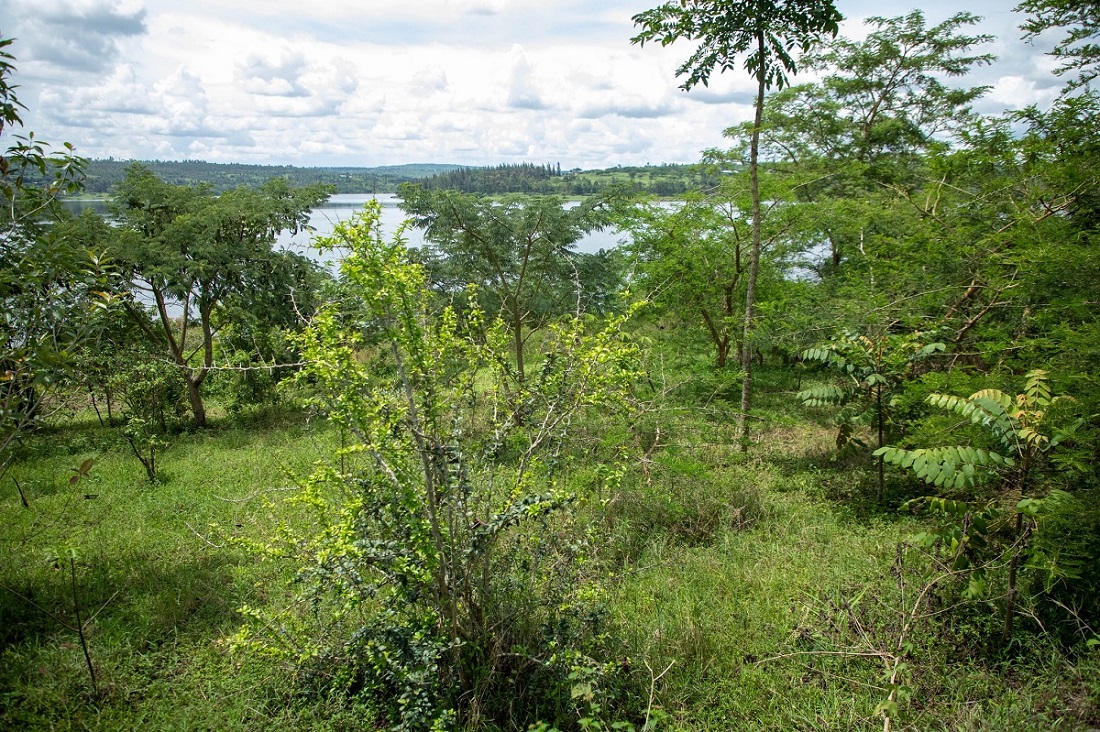 Photo: The site 8 hectares of degraded land was restored in 2018 in partnership with International Union for Conservation of Nature (IUCN) and RWCA
Photo: The site 8 hectares of degraded land was restored in 2018 in partnership with International Union for Conservation of Nature (IUCN) and RWCA
This is achieved through species threat reduction, research and monitoring, wildlife interventions, conservation education, community involvement and livelihoods, and restoring and protecting natural habitats.
In 2014, Dr Olivier Nsengimana, Founder and Executive Director of RWCA designed a unique conservation project to abolish the illegal trade of the endangered Grey Crowned Cranes in Rwanda and won the Rolex Award for Enterprise which allowed him to start implementing the work.
He established Rwanda Wildlife Conservation Association in 2015 to build on the work with Grey Crowned Cranes and expand research and conservation efforts to other endangered and threatened species in Rwanda, and the East African region.
On March 29, RWCA celebrated five years of restoring habitats for people and wildlife. The event took place at Umusambi Village, Masaka, and involved a visit to RWCA's indigenous tree nursery and seed storage facility at the place and a restoration site situated in Rwamagana District, adjacent to Lake Muhazi.
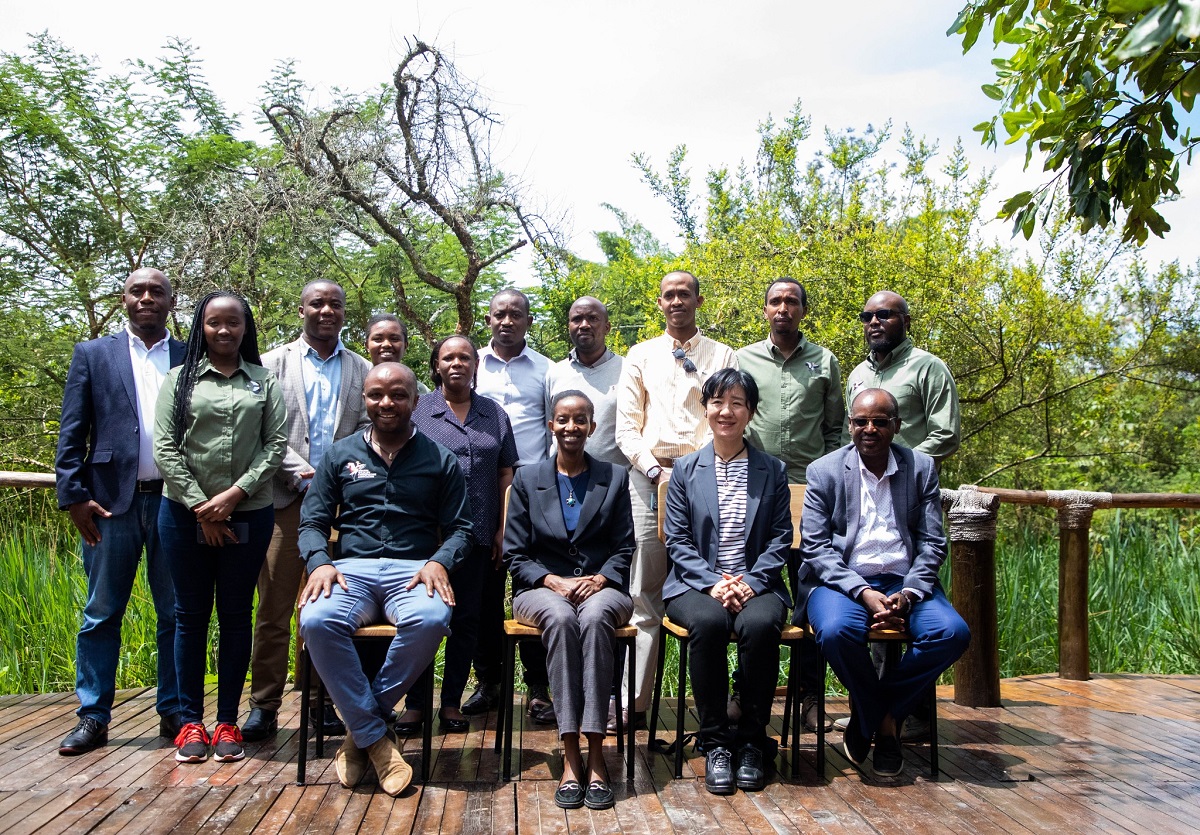 Photo: Rwanda Wildlife Conservation Association is Member of IUCN in Rwanda since 2021
Photo: Rwanda Wildlife Conservation Association is Member of IUCN in Rwanda since 2021
The celebration event was attended by IUCN Rwanda Country Representative, Ms Kaori Yasuda, Director General, Environment and Climate Change at the Ministry of Environment, Beatrice Cyiza, IUCN Rwanda Communications and Membership Officer, Jean Claude Habimana, IUCN Rwanda Gender and Programme Officer, Donatha Dukuzumuremyi, representative from NGOs, RWCA staff among others.
The event was officially opened by Dr Olivier NSENGIMANA, Founder and Executive Director of RWCA who appreciated the role of IUCN in conserving and protecting nature.
The site 8 hectares of degraded land was restored in 2018 in partnership with International Union for Conservation of Nature (IUCN) and RWCA.
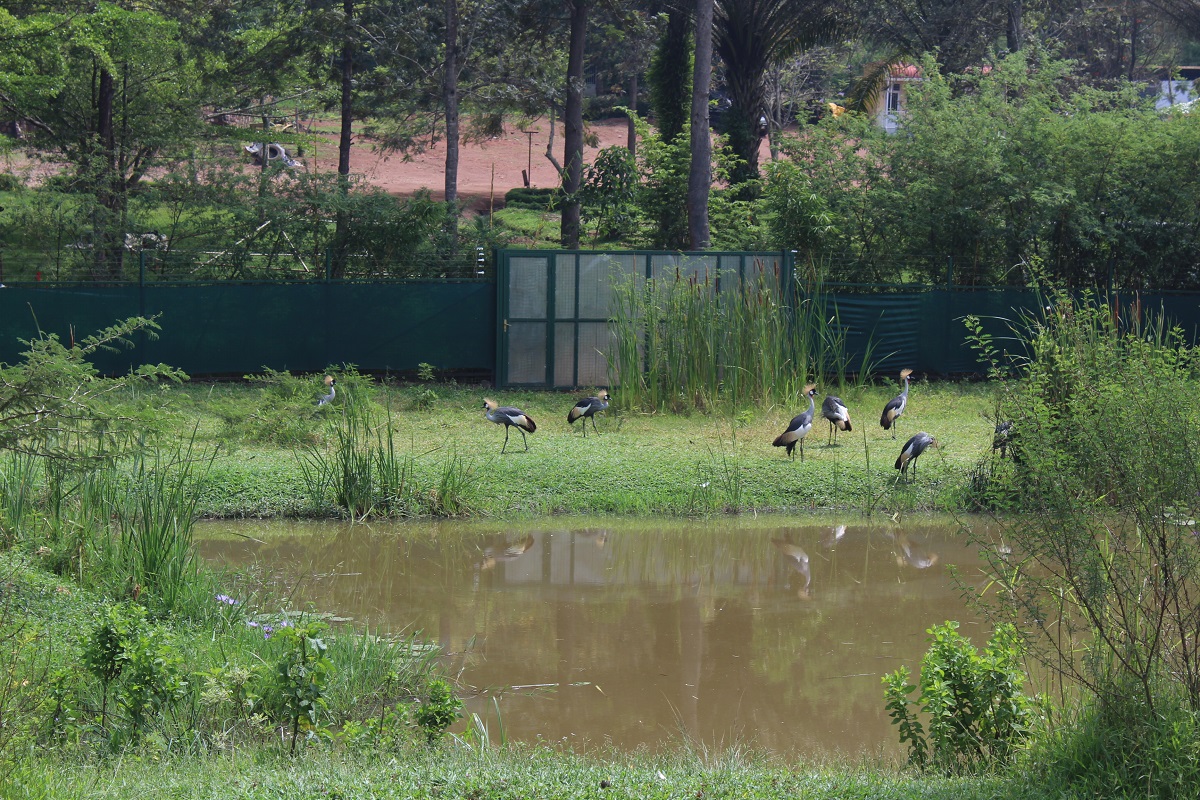 Photo: Dr Olivier Nsengimana established Rwanda Wildlife Conservation Association in 2015 to build on the work with Grey Crowned Cranes
Photo: Dr Olivier Nsengimana established Rwanda Wildlife Conservation Association in 2015 to build on the work with Grey Crowned Cranes
According to Cecile Kayitanirwa, the Habitat Restoration Manager at RWCA, the site had previously been used for farming activities, however, the people who occupied the land expressed their interest in working with RWCA to plant various types of indigenous trees to prevent them from going extinct.
Kayitanirwa mentioned that the surrounding community collaborated with RWCA in planting and taking care of the trees.
This collaboration has not only resulted in the growth of the trees but has also benefited the community by providing employment opportunities for various individuals, she said.
At RWCA, the focus is on "growing trees" rather than just "planting trees." The organization recognizes the importance of nurturing and monitoring the trees as they develop, while also fostering a sense of community ownership.
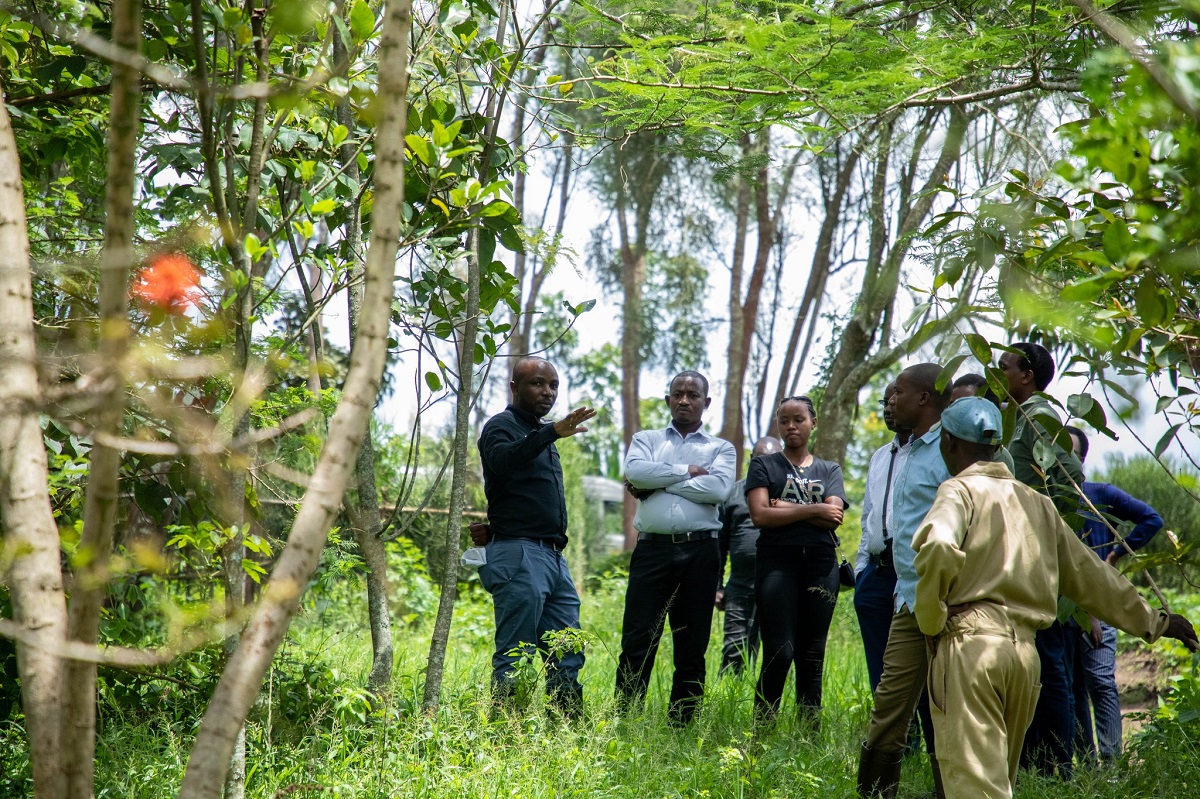 Photo: RWCA mission is to apply home-grown solutions to protect and restore threatened wildlife and wild places
Photo: RWCA mission is to apply home-grown solutions to protect and restore threatened wildlife and wild places
"We prioritize planting indigenous trees because they are unique to Rwanda and are currently facing threats of extinction. Therefore, our goal is to restore these trees so that future generations can witness their natural beauty and potential uses. Moreover, indigenous trees play a vital role in providing a habitat for animal species and serving as a source of food and medicinal benefits for the community. These trees are also crucial in preventing soil degradation by holding the soil in place," explained Kayitanirwa.
“Having the cranes disappear means there is something wrong, a balance that has not been maintained,” said the 32-year-old wildlife veterinarian, Dr Olivier Nsengimana adding that “Conservation is about saving humans as well. If we protect animals in their habitats, we are protecting ourselves. If we fail, we are endangering our children.” Said
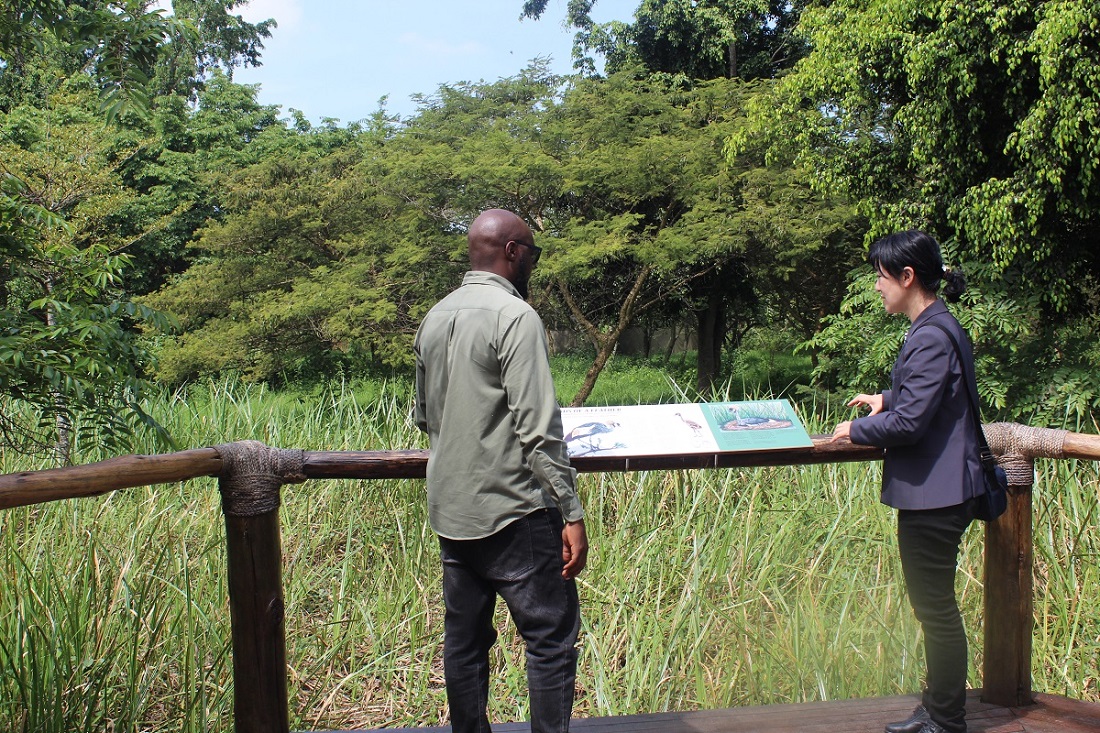 Photo: IUCN Rwanda Country Representative, Ms Kaori Yasuda visited Umusambi Village
Photo: IUCN Rwanda Country Representative, Ms Kaori Yasuda visited Umusambi Village
To date, RWCA has successfully restored 60 hectares of land, which includes 25 hectares of wetland and 35 hectares of forest. The organization has provided employment opportunities for over 500 casual workers and 14 guards at the sites. Furthermore, they have planted 75,000 trees from over 40 different species.
In addition to its reforestation efforts, the RWCA is also spearheading a conservation initiative aimed at protecting the Grey Crowned Crane and other endangered wildlife in Rwanda. Through this initiative, the organization is working towards the restoration and protection of their natural habitats, which are essential for their survival.
Grey Crowned Cranes are a symbol of wealth and longevity in Rwandan culture, and face increasing threats due to habitat reduction and illegal trade. Rwanda is a small country with an incredible variety of bio-diversity, yet it is challenged by high population density and extreme poverty. This results in resources and land being overstretched and high competition between people and wildlife.
Additionally, Grey Crowned Cranes have been kept in captivity by hotels and by wealthy families who are unaware of the environmental consequences of doing so. These captive cranes are usually stressed, malnourished, have their wings broken to prevent them flying, don’t breed and die prematurely. In addition, there has been a general lack of awareness in Rwanda about the endangered status of cranes and the law protecting them.
RWCA is using a holistic and multi-disciplinary approach to reverse the declining trend of the endangered Grey Crowned Cranes in Rwanda, with a focus on stopping the illegal trade.
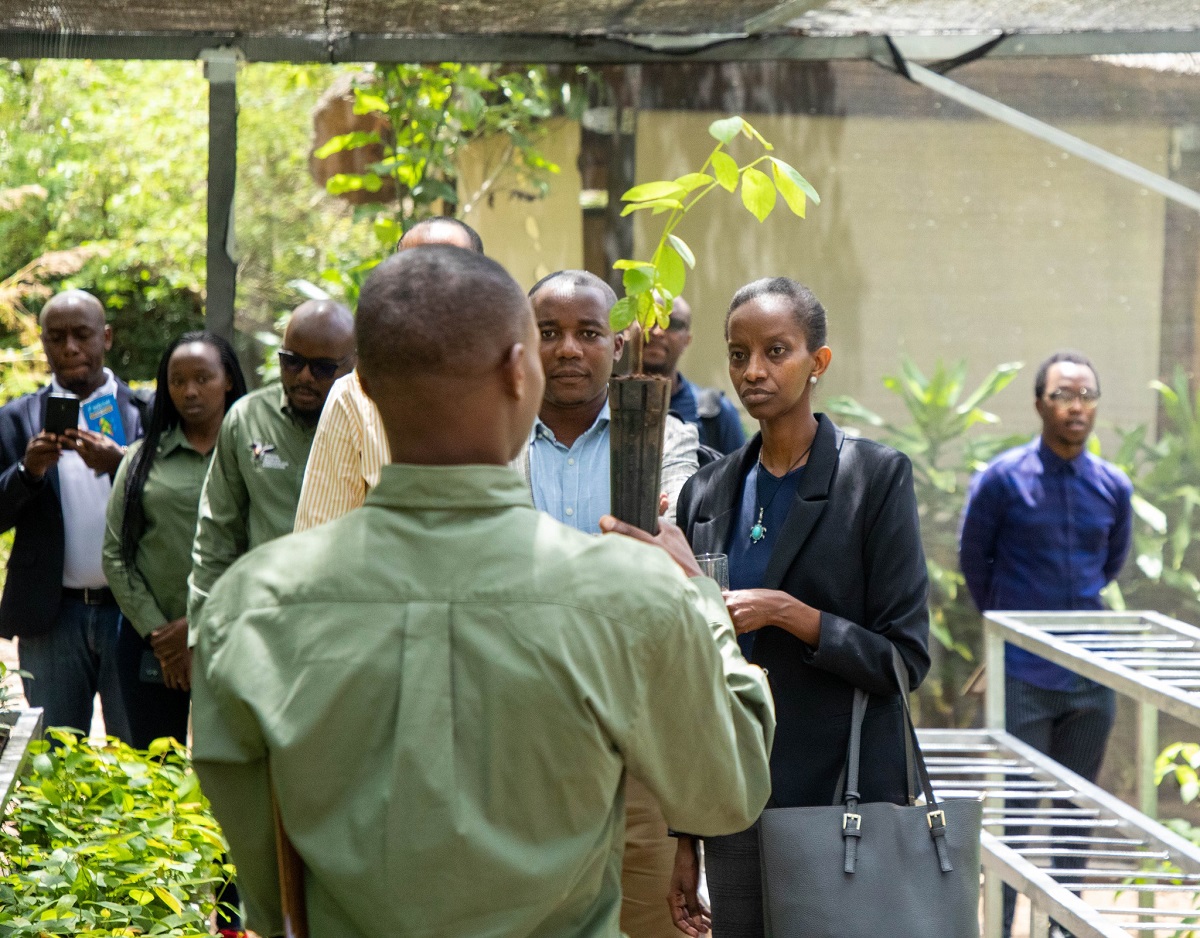 Photo: Director General, Environment and Climate Change at the Ministry of Environment, Beatrice Cyiza attended the ceremony
Photo: Director General, Environment and Climate Change at the Ministry of Environment, Beatrice Cyiza attended the ceremony
Disclaimer
Opinions expressed in posts featured on any Crossroads or other blogs and in related comments are those of the authors and do not necessarily reflect the opinions of IUCN or a consensus of its Member organisations.
IUCN moderates comments and reserves the right to remove posts that are deemed inappropriate, commercial in nature or unrelated to blog posts.
